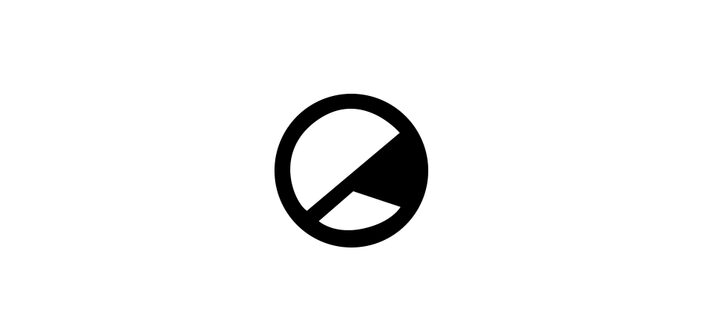We’re lucky. In the 21st-Century, most people agree and strive for a sense of equality, tolerance and respect. Those who don’t share these values are slowly finding their numbers in decline, as education seeks to eradicate naivety and ignorance. We live in a world that tries to hold problematic beliefs and opinions to account. Whilst problematic in its own right, cancel culture has been quick to end careers and hold stars accountable for their past. Yet, there’s a resistance to cancel culture in the realm of comedy, most notably stand-up comedy, where comedians seem to have free reign to use homophobic, sexist, racist, xenophobic, etc., material all for a laugh. “Comedy is the best medicine”, or so the saying goes, but does this type of comedy perpetuate ignorance and stunt society’s ability to move forward?
Jimmy Carr, Ricky Gervais, Jim Jefferies, Frankie Boyle, and Jeff Dunham (oh look, a lot of middle-aged white men) are all examples of a comedy that could offend somehow. In fact, in Carr’s, Gervais’, and Jefferies’ cases, their comedy thrives for offending, especially with its often racist and homophobic content. They’re all examples of comedians who fully book stadium tours and have nations laughing, but at what cost? If we give these comedians a platform to use hate as a comedy (even if they don’t mean it), we keep these problematics views in the limelight for younger generations who can learn and become inspired by it. For as long as slurs and hateful descriptions remain in the minds of individuals who find a platform, you can never truly expect to quash hateful behaviours. Perhaps not everyone at a Jefferies’ show is a racist, but those who are can find solidarity in the crowd which finds laughter in hatred.
Comedy becomes more problematic when it’s used as a front to excuse an individual’s actions. If Ricky Gervais uses a racial slur as a “joke”, there arises the question of ‘why can’t everyone use a slur as long as they’re joking?’. This is used as a defence that, thankfully, society has quickly learnt not to accept, but we still allow the famous to parade with this extended freedom. There’s a ghost of the word ‘men’ when I write famous, because women comediennes are not afforded the same tolerance – look at Amy Schumer (a problematic comedian in her own right). What we’re seeing is a sense of elitism in comedy that protects a certain demographic from the consequences of spreading hateful words under the guise of making people laugh.
Although, this comedy can be done well when someone within a community which has faced discrimination speaks it. This doesn’t mean a white comedian who a black friend has given the “N-card”. What I mean is people who find themselves marginalised in society by this type of comedy when it is in the wrong hands. Larry Dean (a gay comedian) may poke fun at the LGBTQ+, but he does so with the self-awareness to expose the ignorance of homophobia. Wanda Sykes often talks about her experiences with racism and finds humour in people’s dumbfounded naivety, while Phil Wang’s celebrates his Malaysian heritage but also mocks the stereotypes that people often group the Asian community under. What can feel like prejudice can actually be used to expose a problem within society’s views, turning the same sort of comedy into something that becomes educational in the process. It’s the right type of comedy told from the right type of voices.
For too long we’ve had comedians joke about the experiences of the marginalised, believing their comedy protects them from the actions and ideas their words implant. This shouldn’t be the case, though. It doesn’t matter if it’s a joke, because as the parable once taught, words have consequences, and fame shouldn’t protect against those consequences.



